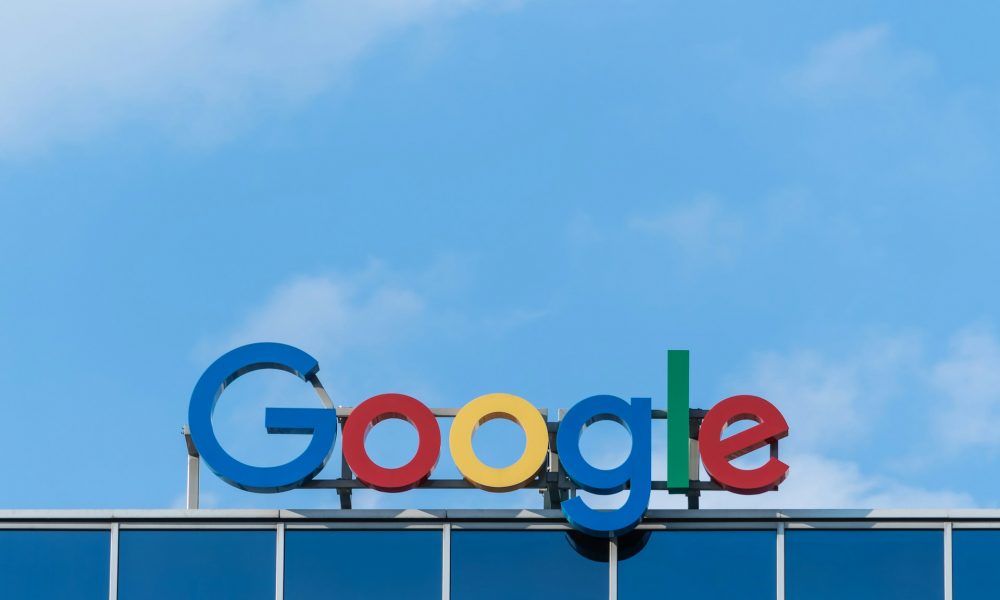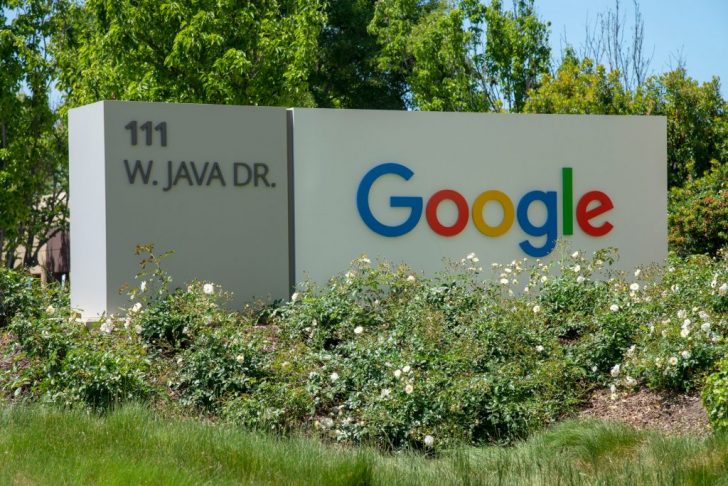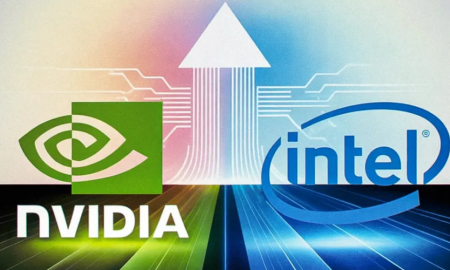
Google’s Antitrust Trial Over ‘Ad Monopoly’ Nears Critical Verdict

Google’s trial has captured headlines as it reaches its dramatic conclusion. The U.S. Justice Department (DOJ) argues that Google’s dominance in online advertising is not just powerful. It is illegal. After weeks of testimony, the DOJ made the case that Google rigged the game, ensuring its own ad platforms flourished while competitors floundered.
But is this an airtight case, or is the tech giant too big to bring down?
The DOJ says Google used anti-competitive tactics to corner markets for ad servers, ad networks, and exchanges, forcing publishers and advertisers into its ecosystem.
The Google Trial
At the heart of Google’s trial lies a stark accusation: Google monopolized the ad tech market by manipulating the rules to its advantage. DOJ lawyer Aaron Teitelbaum didn’t mince words, asserting that Google is “once, twice, three times a monopolist.” He urged the court to hold the company accountable, alleging that its actions crushed competition and left publishers with no alternatives.

Greg / Unsplash / Google insists that its success is not illegal but a result of superior products and ‘efficiency.’
Publishers testified that switching away from Google’s ad services would have been financial suicide. News Corp, for instance, estimated it would lose $9 million in ad revenue in a single year without Google’s ad network. These testimonies paint a bleak picture of an industry trapped by Google’s monopoly.
What Is Google’s Defense?
Google’s legal team pushed back hard against the DOJ’s claims. Karen Dunn, Google’s lead lawyer, argued that the government was cherry-picking facts and ignoring the bigger picture. She said the tech giant’s business decisions were legitimate and the online ad market remains highly competitive.
Dunn emphasized that advertisers and publishers benefit from Google’s innovation and scale. According to her, the DOJ’s case relies on outdated legal theories that don’t reflect how today’s digital markets work.
A ‘Dickensian’ Decision in the Making?
Julia Tarver Wood of the DOJ compared the case to “A Tale of Two Cities,” presenting Judge Brinkema with a choice: accept the DOJ’s view of a rigged market or side with Google’s narrative of healthy competition. This literary allusion underscores the dramatic weight of the decision.
If Brinkema rules against Google, it could mean major changes for the tech giant. Prosecutors want Google to sell off parts of its ad empire, such as Google Ad Manager, to level the playing field. This could reshape the online ad market in ways not seen since the dawn of digital advertising.

Caio / Pexels / While Google’s search monopoly trial looms larger financially, the ad tech case is a critical test of regulators’ ability to rein in Big Tech.
Its Impacts in Europe and Beyond
Google’s trial in the U.S. mirrors its legal battles overseas. Earlier this year, Google offered to sell its ad exchange to end an antitrust probe by the European Union. European publishers rejected the deal, calling it insufficient to address Google’s grip on the market. This parallel highlights the global scrutiny Google faces over its ad tech practices.
The outcomes in both cases could redefine the boundaries of competition in digital markets worldwide.
What’s Next for Google?
The stakes for Google extend far beyond this trial. A loss could lead to forced divestitures, potentially unraveling its advertising empire. Even if the company prevails, the trial has shone a harsh spotlight on its business practices, possibly spurring new regulations.
Alphabet, Google’s parent company, has seen its stock rise slightly during the trial, suggesting investors are confident in its defense. However, the tech giant remains under immense pressure to prove that its market dominance is not monopolistic but simply a reflection of its competitive edge.
More in Business
-
`
Will Bitcoin Crash to $0 or Hit $500K in a Decade?
Bitcoin’s future divides analysts into two extreme camps. Some see it becoming one of the most valuable financial assets in history....
October 12, 2025 -
`
Can Anyone Really Blame Mariah Carey for ‘Leaving’ the Real World?
Mariah Carey isn’t like the rest of us. From the moment she opens her mouth and that voice pours out, she...
October 10, 2025 -
`
Intel Invests in Nvidia, but Ratings Remain Unchanged
Intel’s stock jumped more than 30% after news broke that Nvidia poured $5 billion into the company. The rally sparked renewed...
October 5, 2025 -
`
Homeownership vs. Real Estate Investment: What’s Better?
Homeownership has long been seen as the American dream. But today, more people are asking: Is it really the smartest way...
October 3, 2025 -
`
Why the Armani Fashion Empire Is Set for an IPO
Giorgio Armani, one of the most iconic names in global fashion, left behind a detailed plan for the future of his...
September 27, 2025 -
`
Why Do Pokémon Cards Outperform the S&P 500 As an Investment?
Pokémon cards have outperformed the stock market by a mile. Since 2004, they have delivered a staggering 3,821% return, according to...
September 27, 2025 -
`
America’s Billionaires Get Older—Millennials Wait for Wealth Transfer
Many of today’s billionaires don’t match the youthful tech-founder image often portrayed. While names like Elon Musk, Sam Altman, and Mark...
September 21, 2025 -
`
Can President Trump Legally Fire Fed Governor Lisa Cook?
Lisa Cook is right in the middle of one of the most explosive legal battles in Washington. President Trump wants her...
September 20, 2025 -
`
Jeff Bezos’ Advice for Millennials Who Want Financial Success
Millennials today have grown up in a world where instant access to products and services is the norm. From two-day deliveries...
September 13, 2025















You must be logged in to post a comment Login